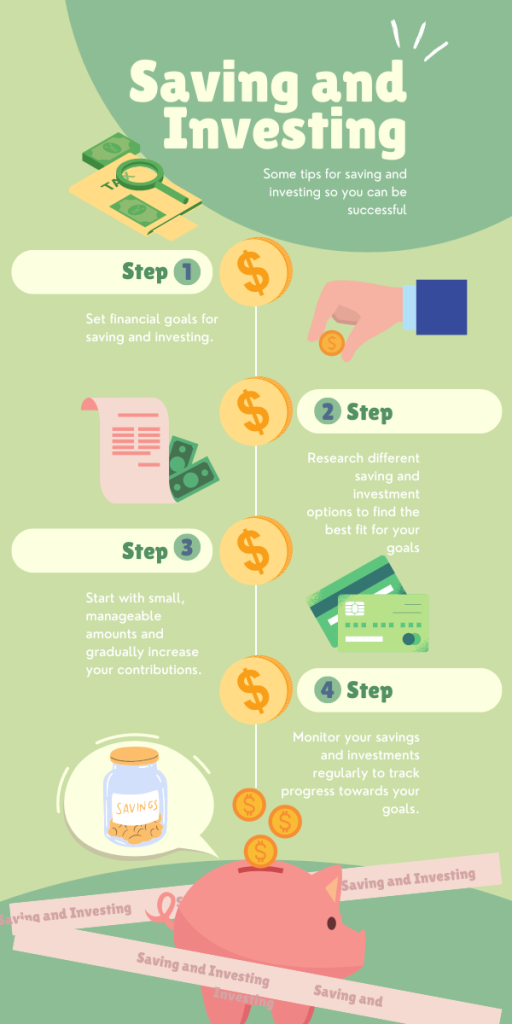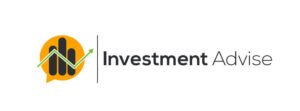Want to start trading but need to figure out how much money to invest? Finding your initial investment can be daunting in the world of trading.
Trading can be a lucrative venture, but it also comes with risks. Many beginners are still deciding how much capital they need to start trading.
Understanding the financial requirements of trading is crucial for success. The first step to building a successful trading strategy is knowing how much money you need to start. In this article, we will discuss the key factors to consider when determining how much money you need to start trading.
Importance of Understanding Initial Capital Requirements
It’s central to understanding how much potential loss money you need to start with. It determines the extent of your trade plans. Awareness of the requisite capital lets you set reasonable goals. This prevents overstretching and financial pressure. A firm financial base requires proper comprehension of this.
Specific Capital Requirements for Different Types of Trading
Stock Trading
Minimum capital required is $1,000 to $5,000.
Stock trading involves buying and selling shares from public companies, and the capital needed depends on factors such as the broker, account type, and trading strategy.
Some brokers may charge commission fees, even though many offer commission-free trades. Having a starting amount of at least $1,000 allows you to cover these fees and diversify your portfolio.
Diversification is achieved by purchasing multiple stocks with a starting capital of around $5,000, which helps reduce risk.
Forex Trading
The minimum capital requirement is $100 to $500.
Forex trading involves trading currencies on the foreign exchange market. High leverage allows for the control of large positions with minimal funds. Forex brokers typically offer leverage of up to 100:1 or more, so starting with $100 to $500 could be adequate.
However, considering the high risk involved with leverage, beginning with a higher amount, such as $500, may provide better risk management.
The forex market exhibits significant volatility, and having a larger starting capital can help manage losses and maintain longer-term involvement.
Futures Trading
The minimum capital required is $5,000 to $10,000.
Futures trading involves buying or selling assets at a specified date and price. Due to its leverage, it requires a significant amount of capital.
Maintaining a minimum margin in your futures trading account is necessary. Typically, you start with around $5,000 to $10,000 to meet requirements and provide a buffer against potential losses.
High leverage in trading can lead to both substantial gains and losses, so it’s essential to implement effective risk management strategies and maintain a sufficient capital buffer.
Options Trading
The minimum capital required is $2,000 to $5,000.
Options trading includes contracts that allow investors to purchase or sell an asset at a set price before the contract’s expiration date
Having options allows for using different strategies. For example, you can buy call puts or write options. This lets you start with $2,000 to $5,000 as capital for these strategies.”
Options trading involves complexity and risk. Starting with a higher capital amount enables better risk management and strategy diversification.
Cryptocurrency Trading
Investors can start with a minimum capital of $100 to $1,000.
Cryptocurrency trading comprises purchasing and selling digital currencies such as Bitcoin and Ethereum.
Cryptocurrencies exhibit high levels of volatility, so having a minimum of $500 can help control these fluctuations. Many platforms offer trading with low minimum deposits, as low as $10 in some cases. However, starting with a more significant amount can help protect against losses.
Day Trading
The minimum capital requirement for U.S. stock markets is $25,000, in compliance with the Pattern Day Trader (PDT) rule. Day trading involves buying and selling securities within the same day to take advantage of short-term market movements.
The PDT rule in the U.S. mandates a minimum account balance of $25,000 for individuals conducting four or more day trades within five business days.
Day trading often involves high-frequency trading and requires significant capital to cover potential losses and fees.
FAQ
What is the minimum required to start trading stocks?
Some brokers may not require a minimum deposit, but it is recommended that you start with at least $1,000 to account for fees and ensure portfolio diversification.
Can you start trading forex with $100?
Starting forex trading at $100 is possible with the use of high-leverage options, but it is generally recommended to begin with $500 for better risk management.
What is the minimum amount required to start day trading?
The PDT rule mandates a minimum of $25,000 for U.S. stock markets, while other markets or assets may have varied requirements.
Conclusion
The money needed to start trading varies depending on the market, trading type, and financial goals. Some markets may require as little as $100 to start, while others, like day trading in U.S. stocks, mandate a minimum of $25,000.
To succeed as a trader, focus on education, developing a solid trading strategy, and practicing risk management. Start with an amount you can afford to lose and be aware of your chosen market’s specific requirements and risks.








